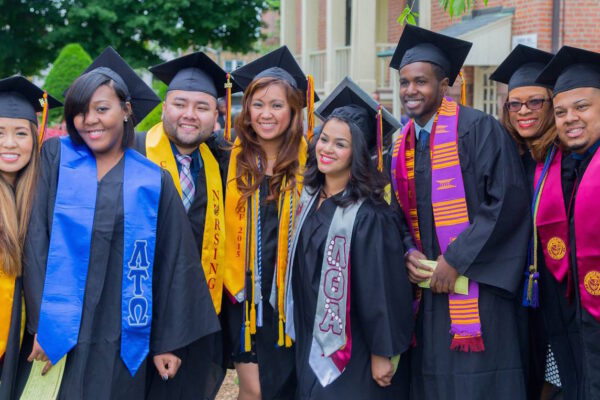Federal Policies Hold Potential to Increase Low-Income Student Enrollment at Selective Institutions
Title: Federal Policies for Increasing Socioeconomic Diversity at Selective Colleges and Universities
Source: Ithaka S+R
Authors: Elizabeth Davidson Pisacreta, Emily Schwartz, Catharine Bond Hill, Martin Kurzweil
A new brief from Ithaka S+R draws attention to the ways federal policies can expand access to selective postsecondary institutions for lower-income students. These suggestions include:
- An expectation that colleges participating in the Federal Student Aid program enroll at least 15 percent Pell-eligible students, with an incremental endowment tax credit offered to those serving higher shares
- A limited antitrust exemption
- Increased data collection and reporting for improved transparency and accountability
The authors applaud the federal government’s role in supporting access and affordability for enrollees at broad-access institutions, while asserting a need to simultaneously incentivize more avenues for low-income students at well-resourced colleges.
Click here to read the article.
—Anna Marie Ramos
If you have any questions or comments about this blog post, please contact us.


